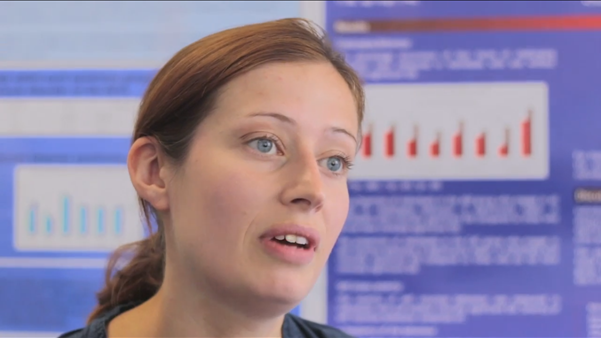Repetitive Behaviour in Prader-Willi Syndrome
Stereotyped behaviours are defined as repetitive or ritualistic movement, posture, or vocalisations. The behaviours can often appear to be apparently meaningless.
The repetitive and stereotyped behaviours described above are not as common in Prader-Willi syndrome as in autism, whereas the repetitive behaviours described below are common in individuals with Prader-Willi syndrome.
Individuals with Prader-Willi syndrome commonly ask questions repetitively. Research by Woodcock, Oliver and Humphries (2009) found that repetitive questions often concerned the future and increased if something changed.
Due to impaired satiety, individuals with Prader-Willi syndrome may ask repetitive questions about eating and may focus on routines associated with mealtimes. Establishing “food security” in which the individual knows when meals will occur and what foods will be served, as well as a plan managing changes in routine, are important when supporting a person with Prader-Willi syndrome. For more about eating behaviour in Prader-Willi syndrome, click here.
In this clip you will see Michael asking questions repetitively. To find out more about Michael, click here.
In Prader-Willi syndrome, individuals are also said to have a strong insistence on sameness. If things do not follow an expected routine, it can lead to a perceived inability to cope and challenging behaviour such as temper outbursts. One suggestion is that difficulty with shifting attention may contribute to these difficulties with change. For further information see the cognitive characteristics page.
Skin picking can become a repetitive behaviour in Prader-Willi syndrome. This is because individuals may continuously pick away at broken or recently healed skin, or at scabs. Sometimes individuals may pick skin that is unbroken.




